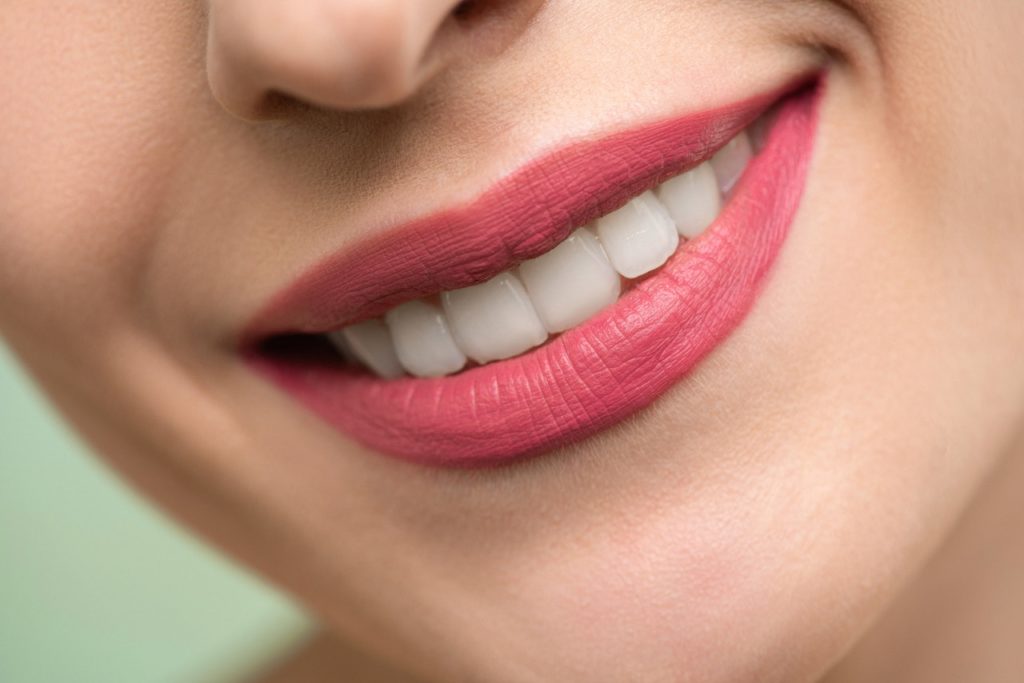It’s always a good idea to teach children the importance of good dental health. They should know that taking care of their teeth prevents tooth decay, plaque buildup, and gum disease. It also gives them the confidence to have a smile ready every day.
The following are some of the best practices in taking care of your teeth without spending too much.
1. Follow a Good Dental Routine
A good dental routine involves brushing your teeth regularly. This also means you should brush at least twice a day. While many adults already have a dental routine, children need reminders to follow it. They should be reminded to brush their teeth at least once in the morning and just before they go to bed.
Children should also be taught to brush their teeth properly. They should spend equal amounts of time in all parts of their teeth. They should brush carefully and in a circular motion. This allows them to remove plaque and prevent bigger problems later on. It is also important to clean the front and back of the teeth.
2. Use Fluoride Toothpaste
While the action of brushing teeth and flossing can remove dental plaque, fluoride toothpaste can help prevent tooth decay. It stops the demineralization of teeth before it becomes a cavity. In addition to helping re-mineralize teeth, fluoride toothpaste also removes plaque.
Natural toothpaste without fluoride has started to flood the market recently. While natural toothpaste gives you a fresher mouth after brushing, it doesn’t have the same protection you get from fluoride toothpaste.
3. Floss Your Teeth Regularly
Aside from brushing the teeth, flossing is also a good way to remove particles stuck in between your teeth. Removing these particles prevent bacteria buildup over the night. Flossing also stimulates the gums and reduces inflammation in the area. Since children may find flossing challenging, you should help them. You can also look for ready-to-use floss to make flossing as easy as brushing teeth every day.
You can floss your teeth at the end of the day before you sleep. You can also floss twice a day if you’re prone to tartar buildup or gum disease.
4. Replace Your Toothbrush Regularly
Another thing to remember to maintain good dental health is to replace your toothbrush regularly. Once the bristles of the toothbrush get frayed, they aren’t effective anymore. A new toothbrush easily trumps a worn-out toothbrush when it comes to removing plaque in teeth.
A good rule of thumb is to replace your toothbrush every three months. You should also replace your toothbrush after you get sick or when the bristles start to fray.
5. Use Mouthwash
Mouthwash is a liquid used to rinse your mouth. Many people skip using mouthwash since they aren’t aware of their benefits. Also called an oral rinse, mouthwash normally contains an antiseptic that can get rid of harmful bacteria living in your mouth.
Aside from keeping your breath fresh, mouthwash also prevents the growth of plaque and cavities. It can also cure canker sores in the mouth. But it is important to remember that using mouthwash should not replace brushing and flossing.
Some mouthwash brands are designed for children. With this in mind, you should check with your dentist which mouthwash you should get for them.
6. Watch Your Diet
A bad diet has a negative effect on your dental health in the long run. Sweet food and drinks cause acid that attacks tooth enamel. Food with a lot of sugar is not easy to remove from your mouth. This can cause tooth decay to form. It’s challenging to stay away from these types of food. But being mindful about them helps reduce their consumption.
Drinking water also helps fight bacteria by ensuring your mouth always has a good supply of saliva. Saliva helps you swallow food and washes away leftover food. This prevents bacteria from forming in your mouth.

7. Visit Your Dentist Twice a Year
Maintaining good dental health is not limited to brushing, flossing, and using mouthwash. You should also visit your dentist at least twice a year. This allows you to prevent any issues in the future. Your dentist can check and clean your teeth.
Visiting the dentist is a good habit to form for children. It also helps prevent tooth decay and cavities. The dentist can also check if the children will require additional orthodontic treatment, which can forestall any alignment issues in the future. When alignment issues are detected early, the dentist can install dental braces, such as metal braces or clear dental aligners, if necessary.
Taking care of your teeth will not cost much if you follow the best practices for good dental health.

